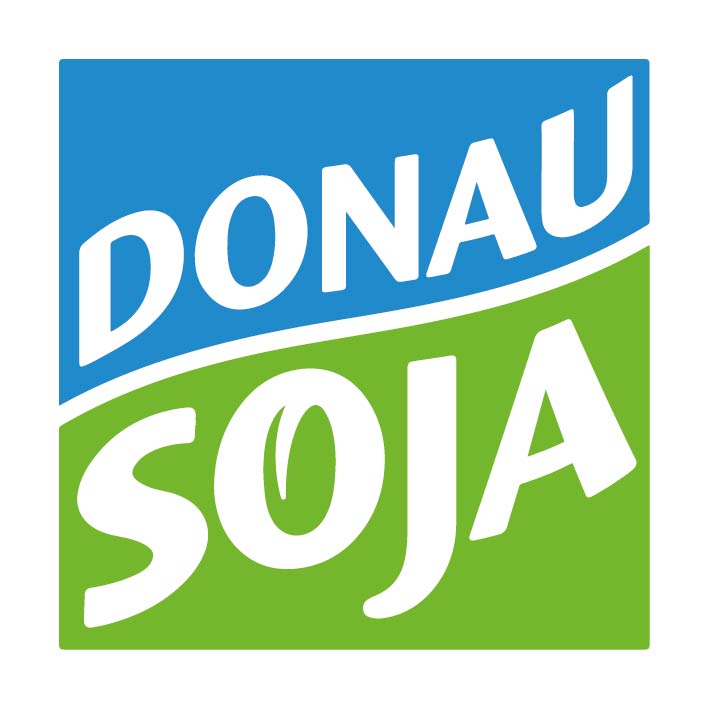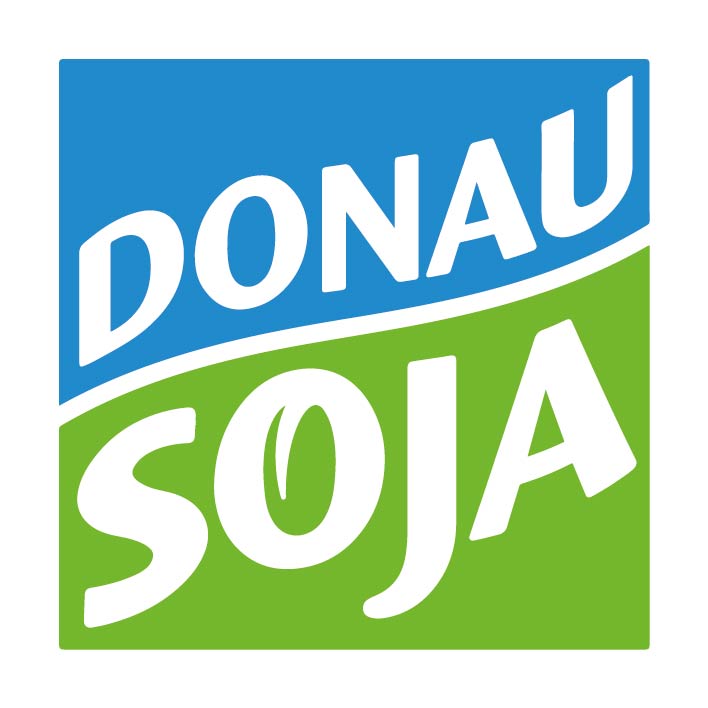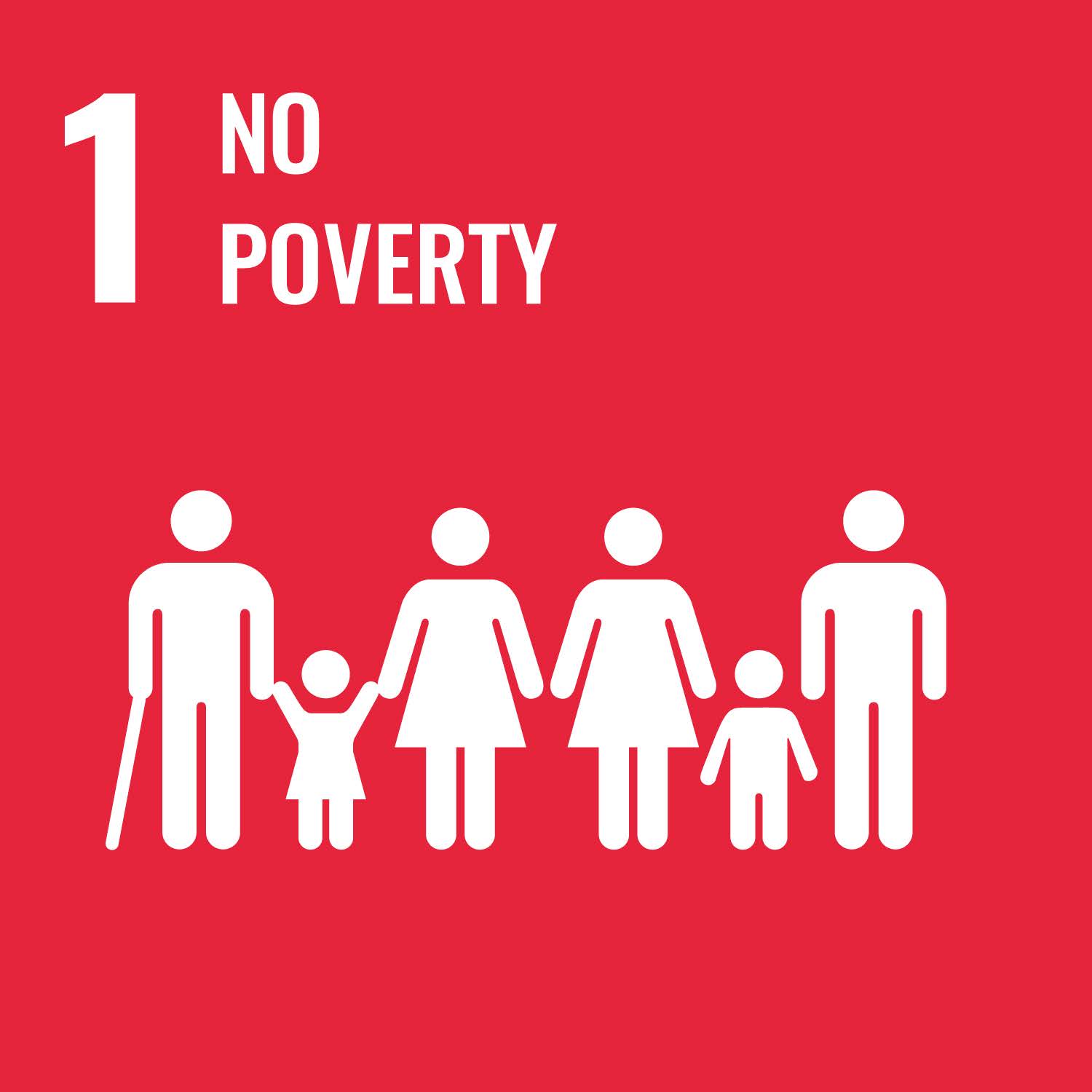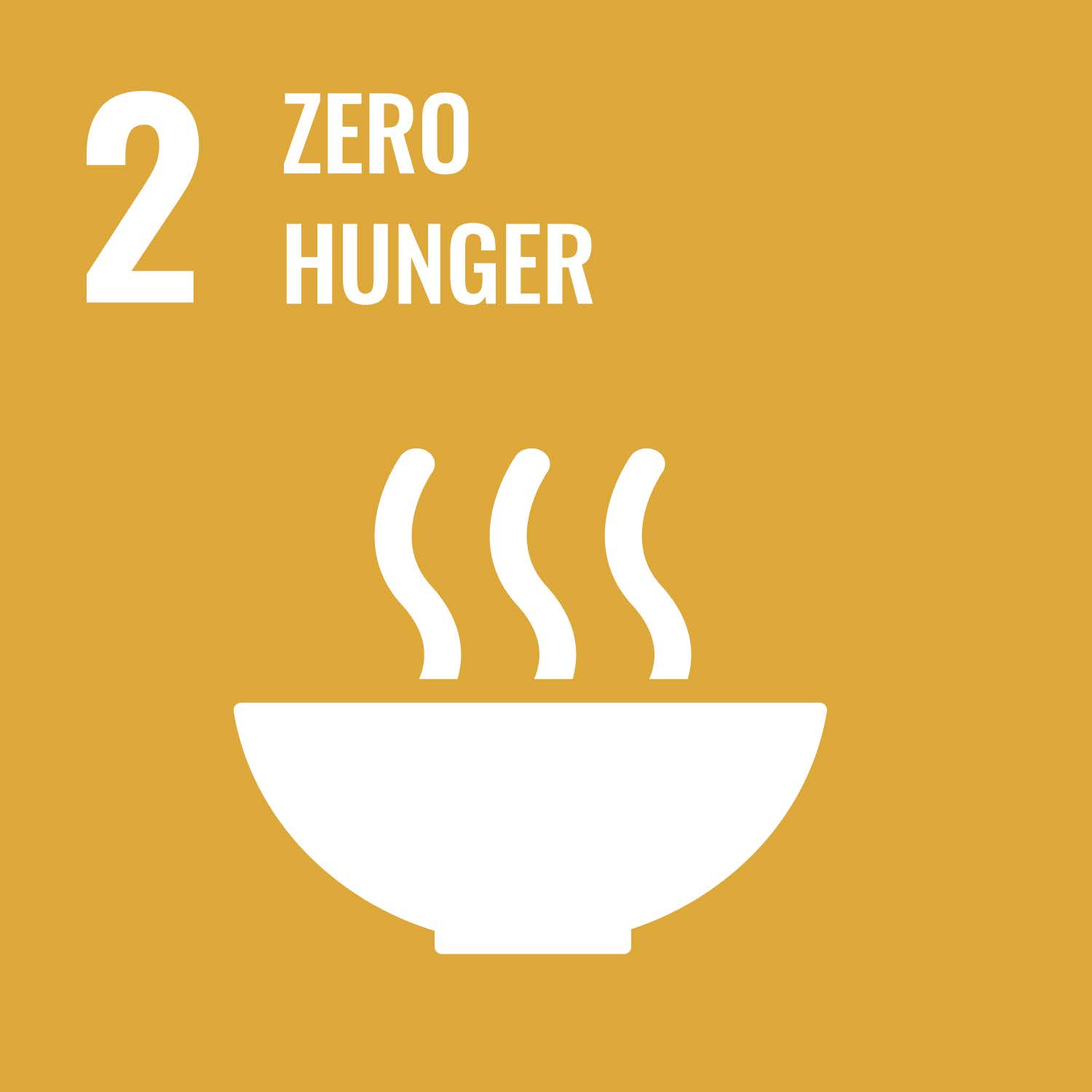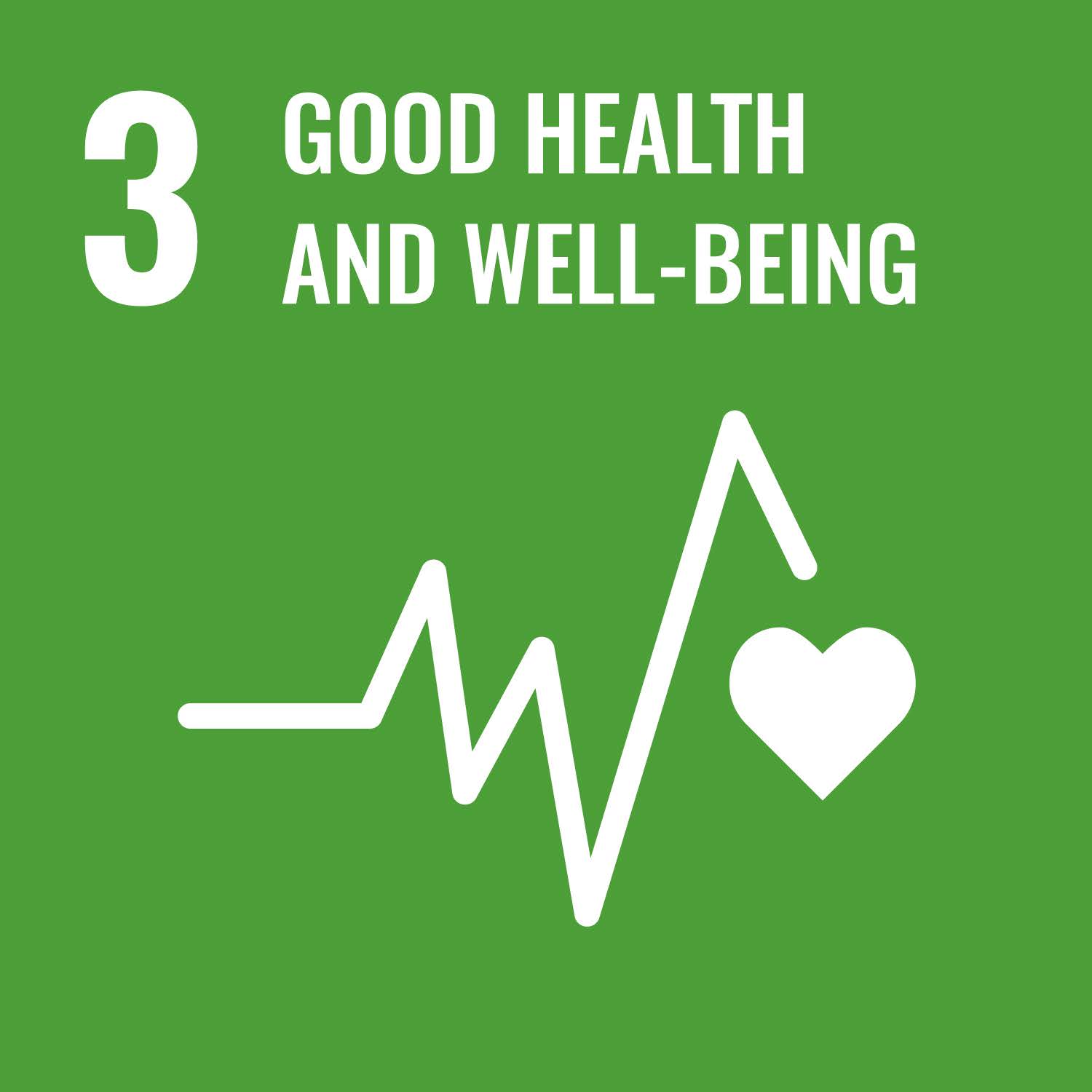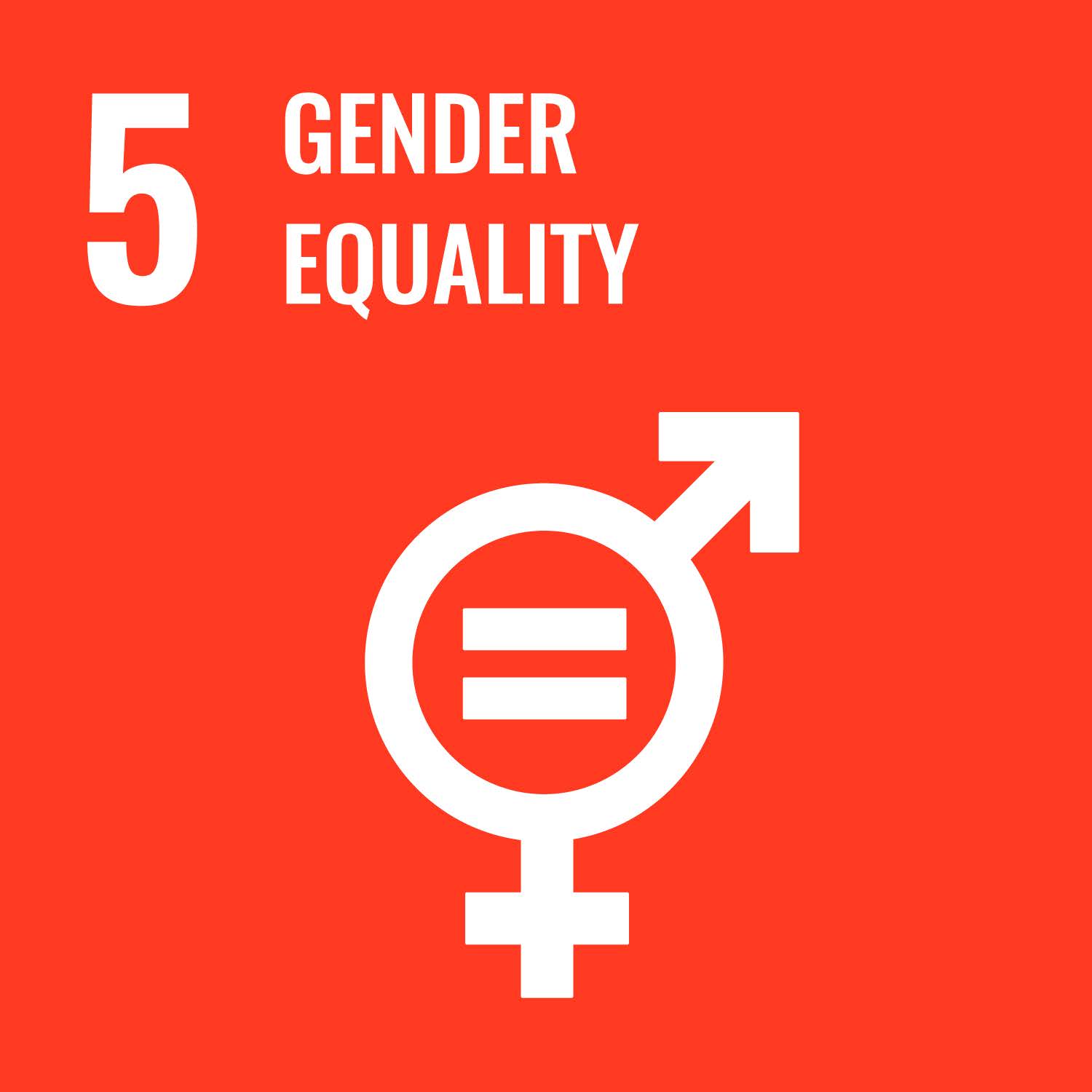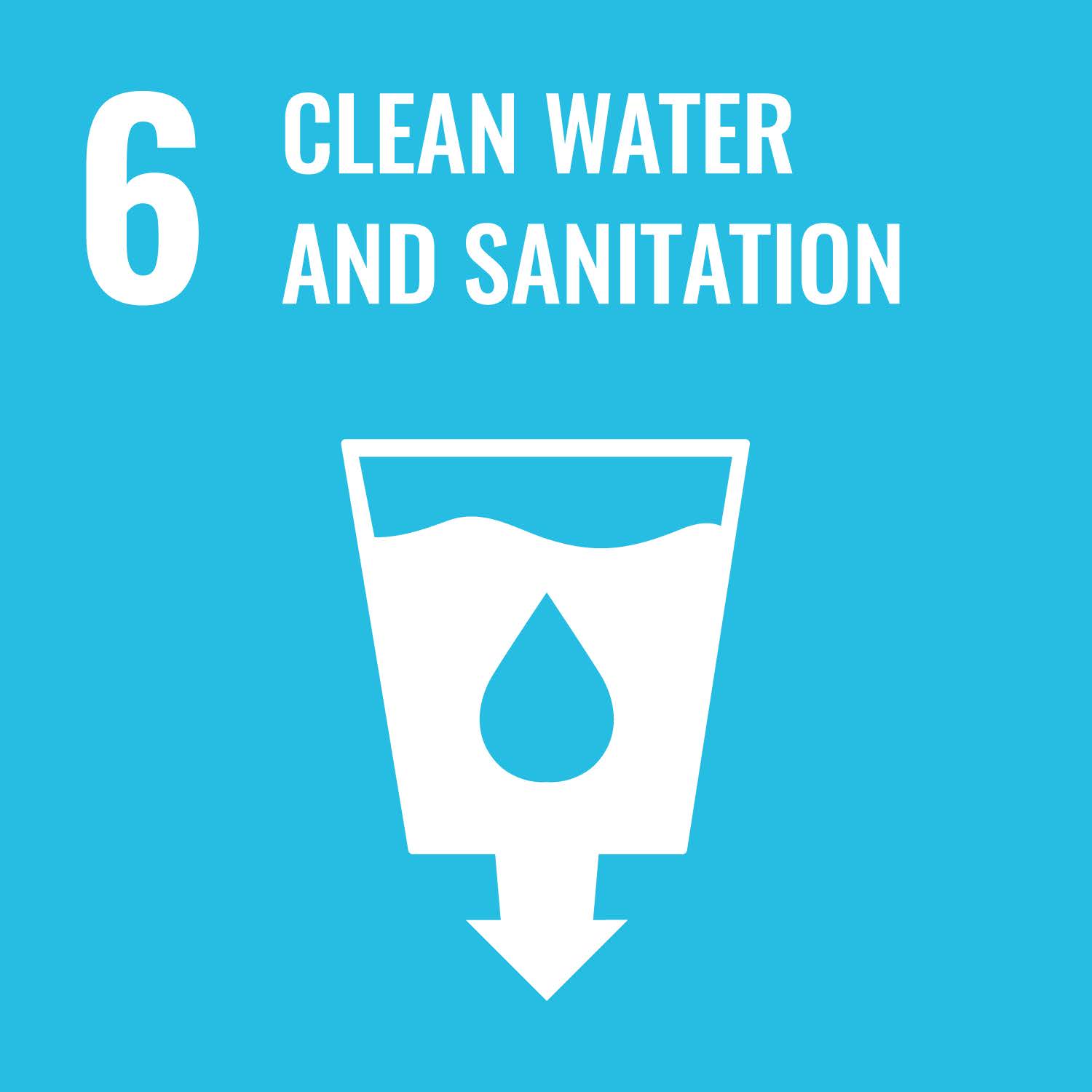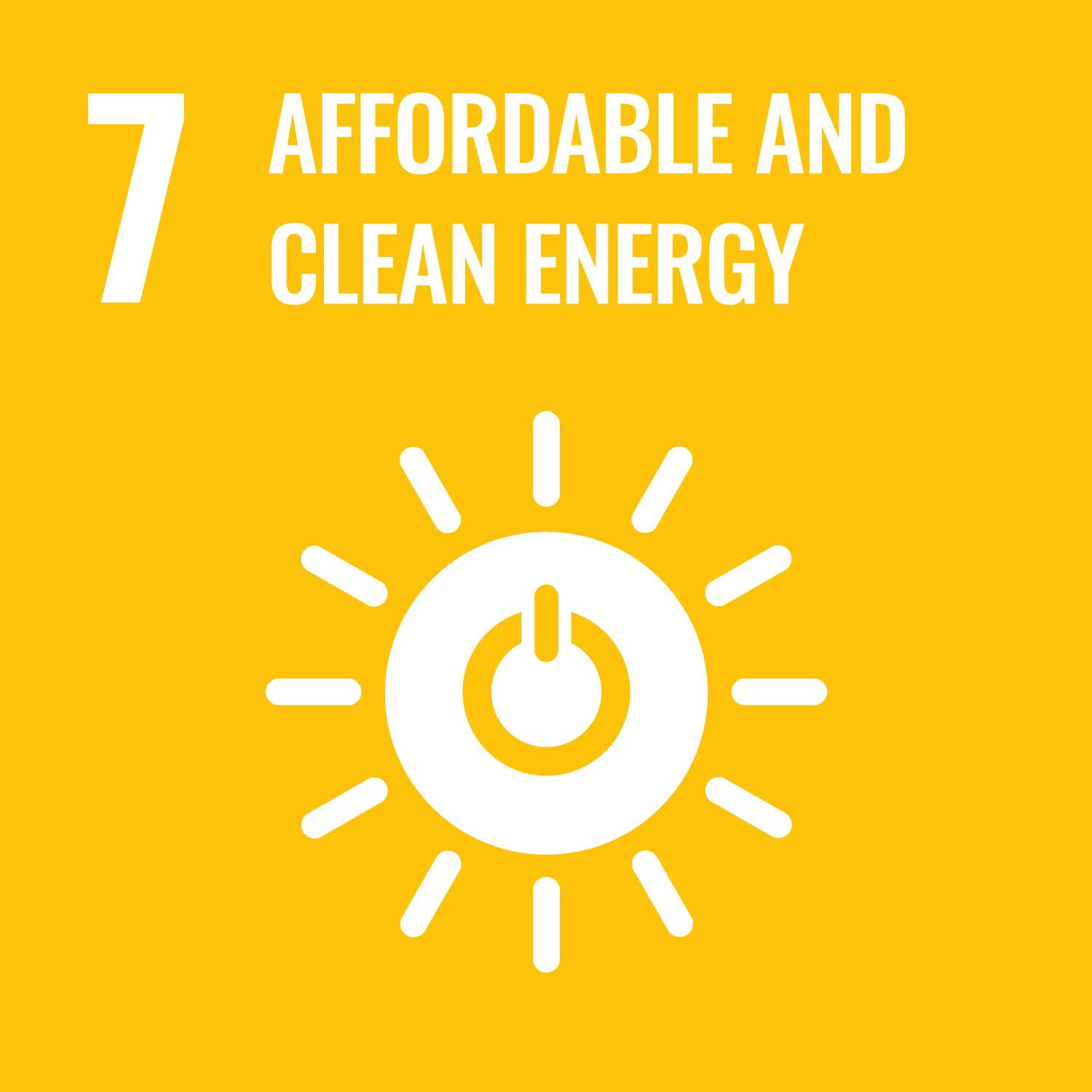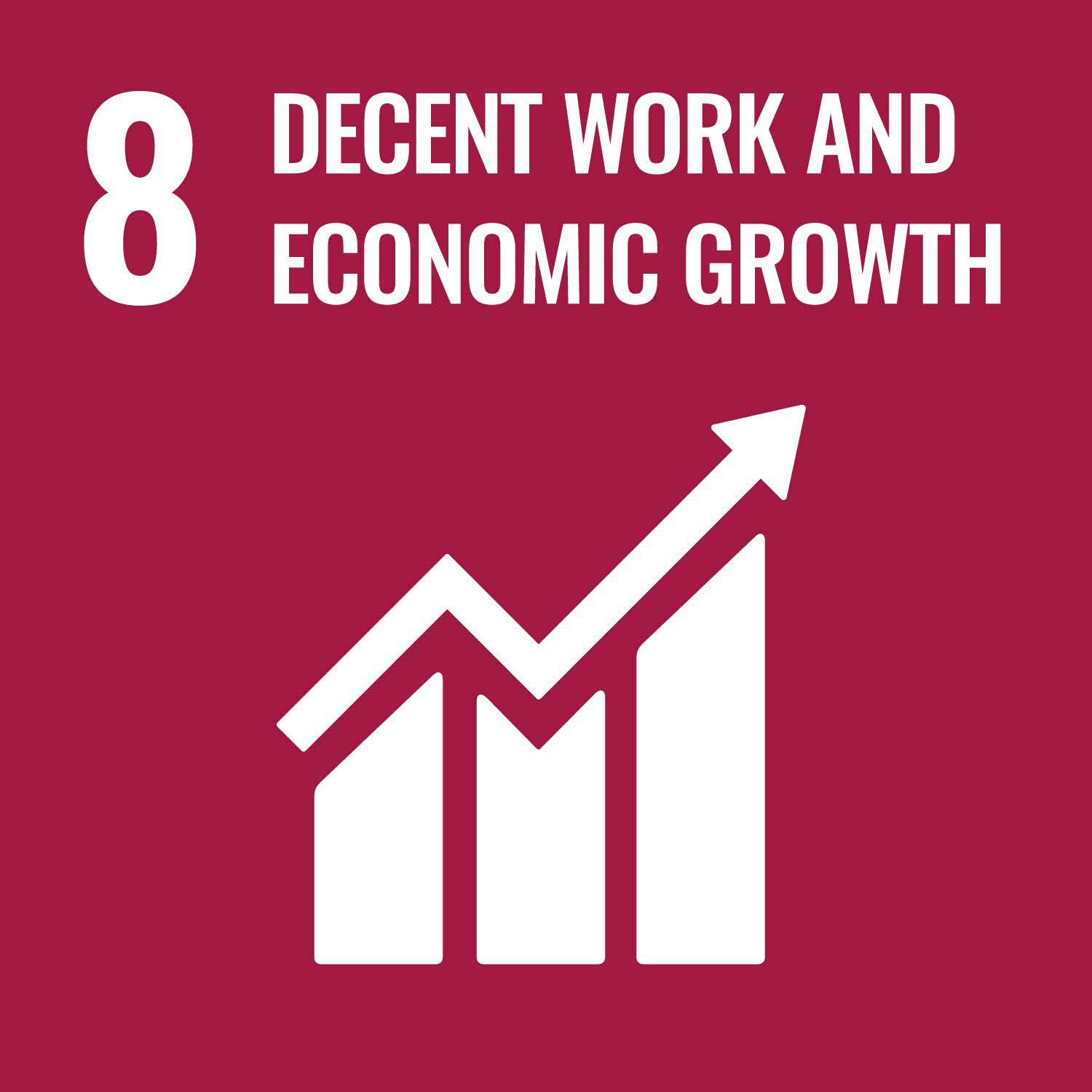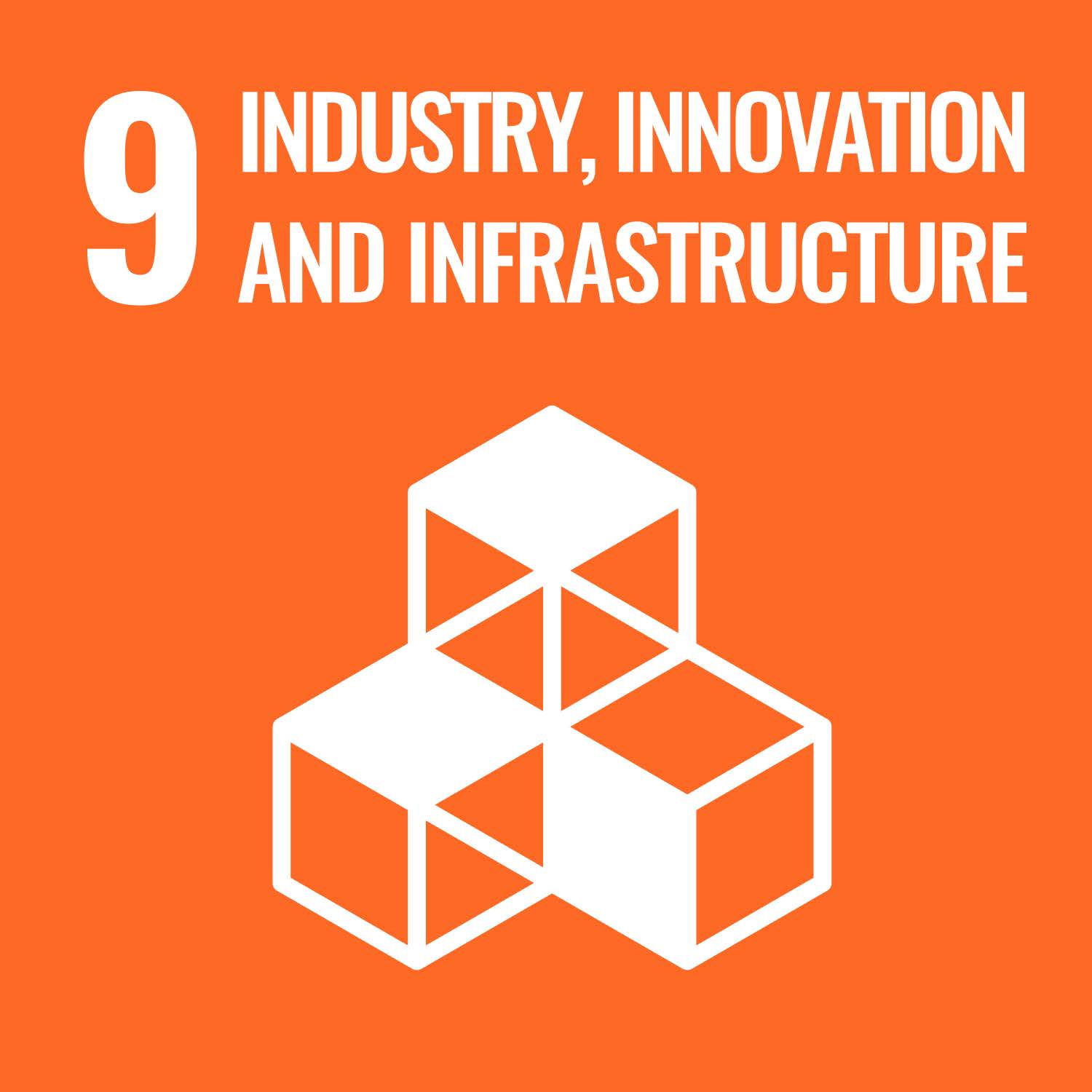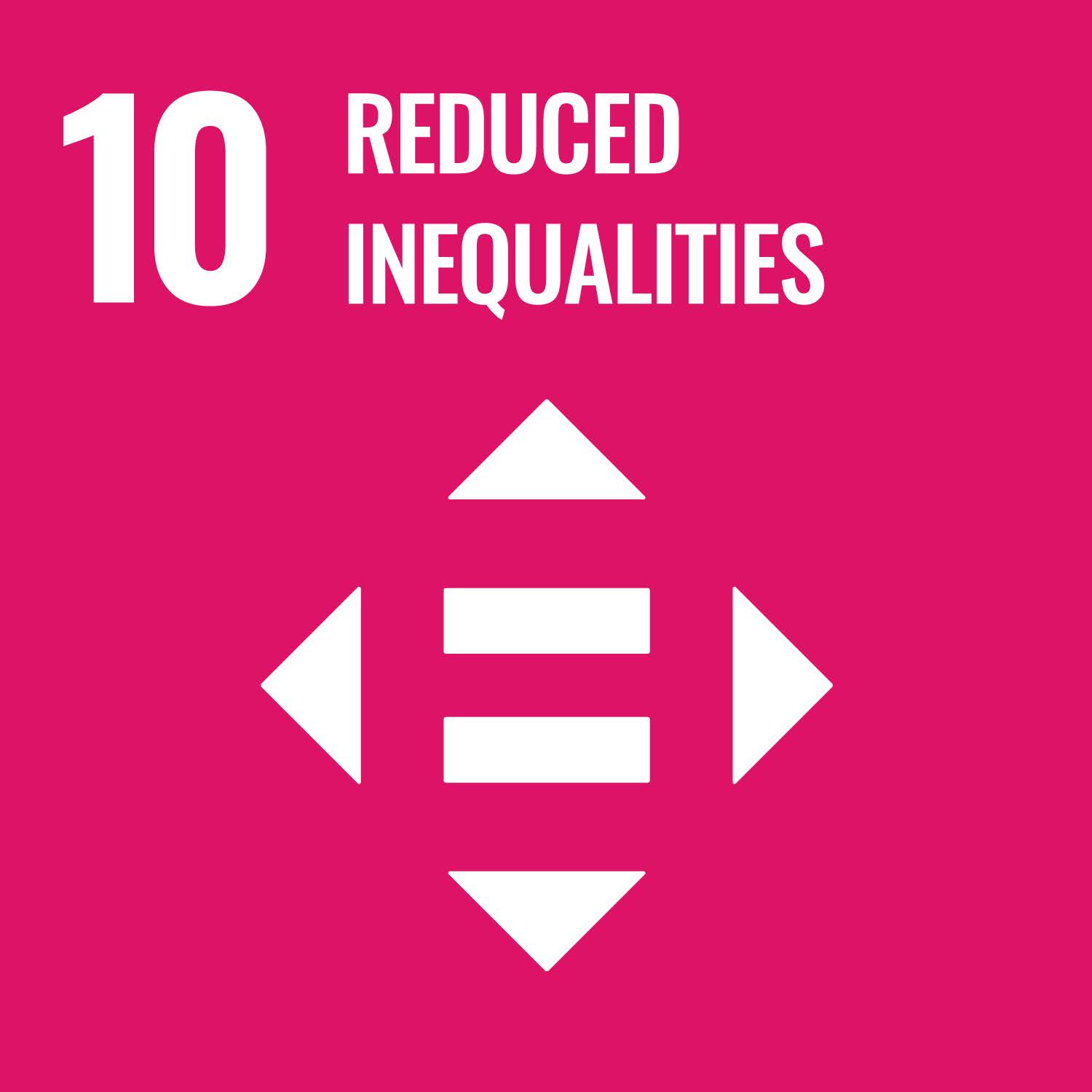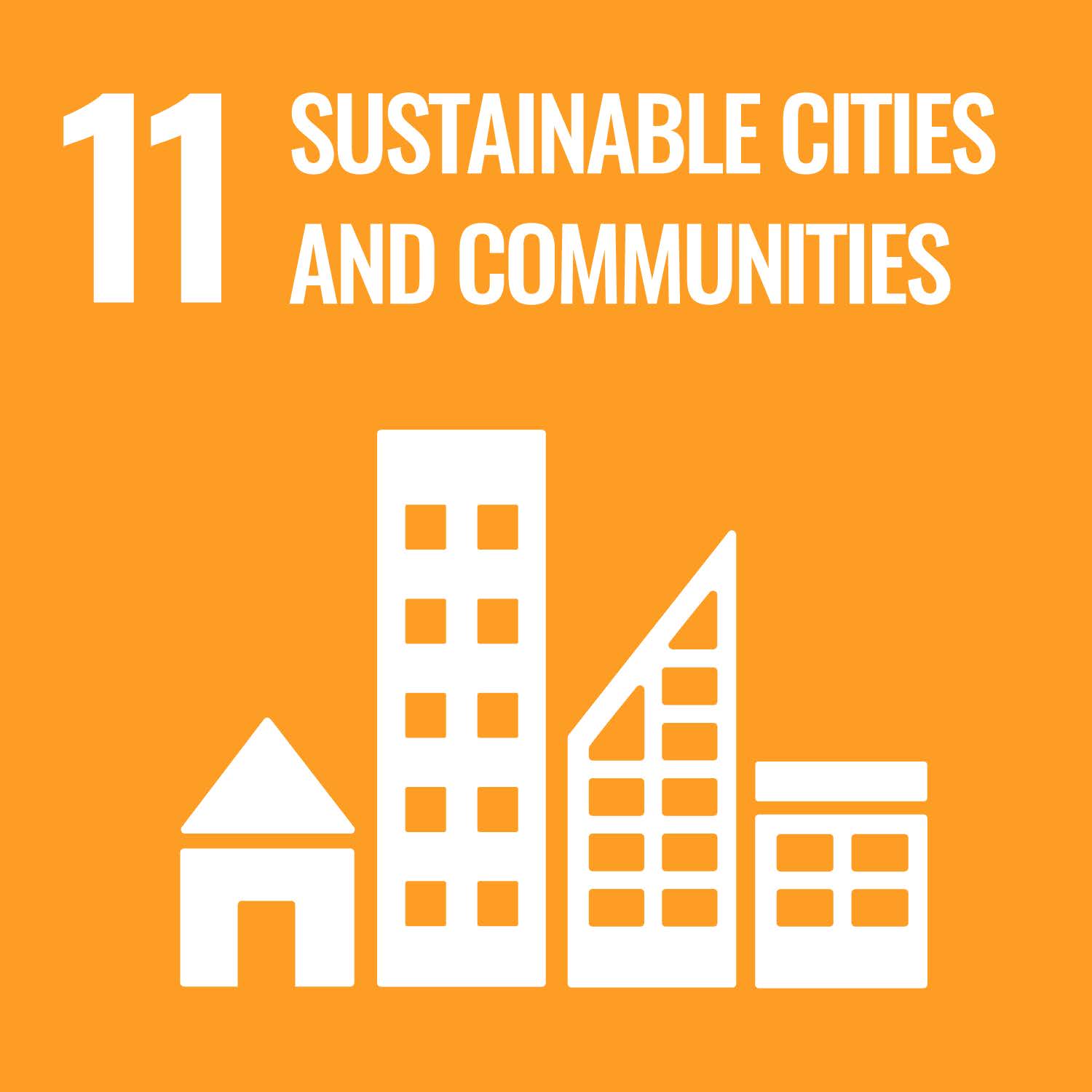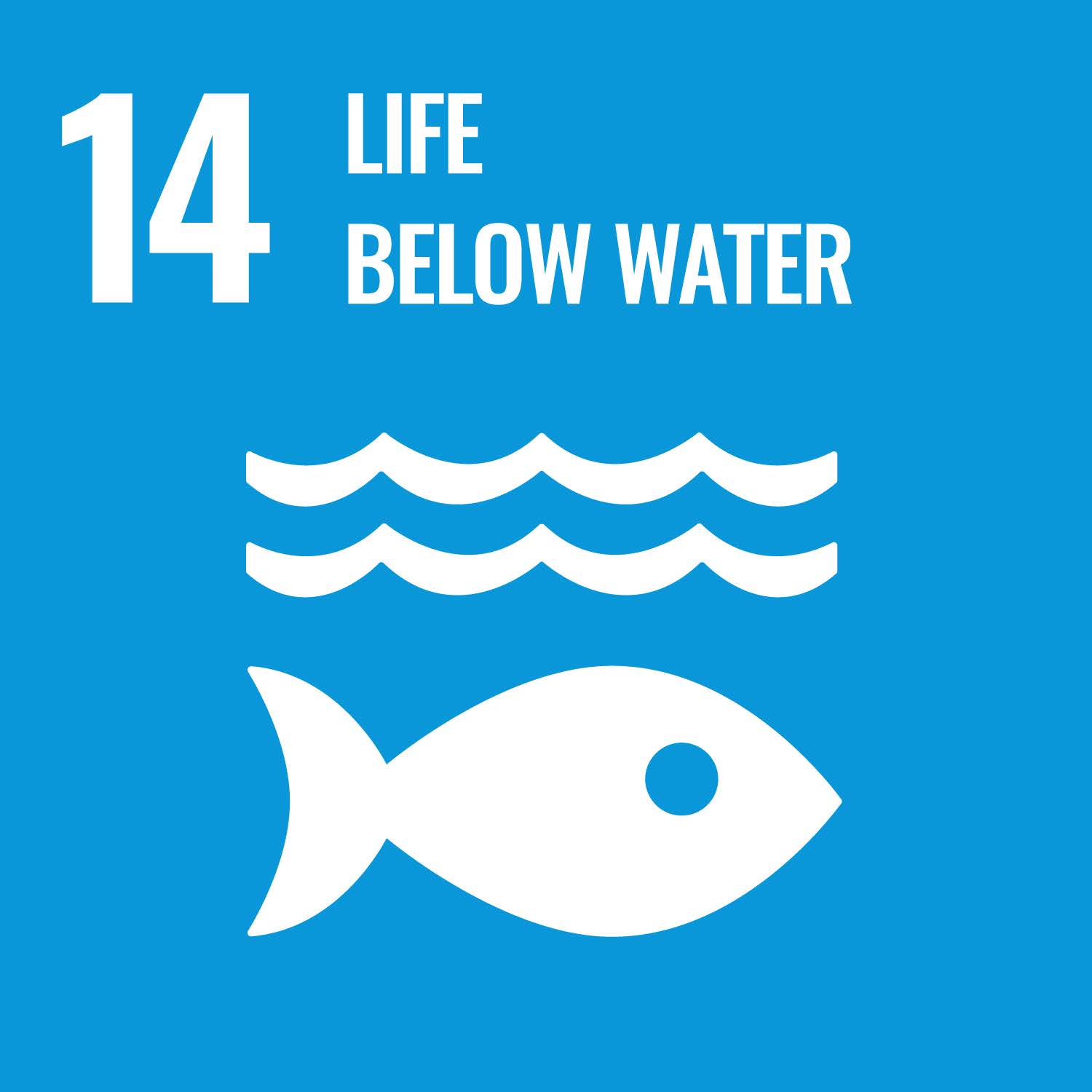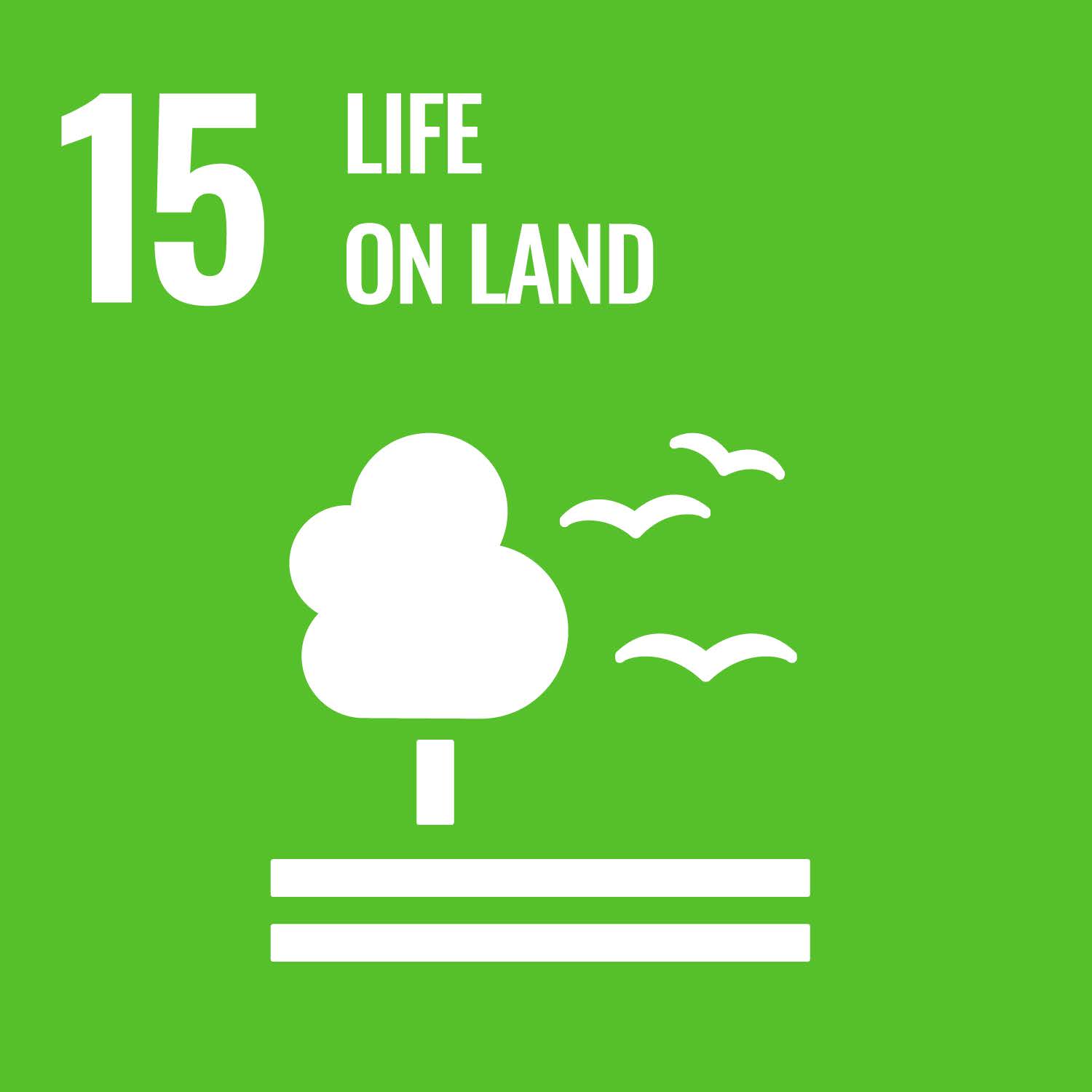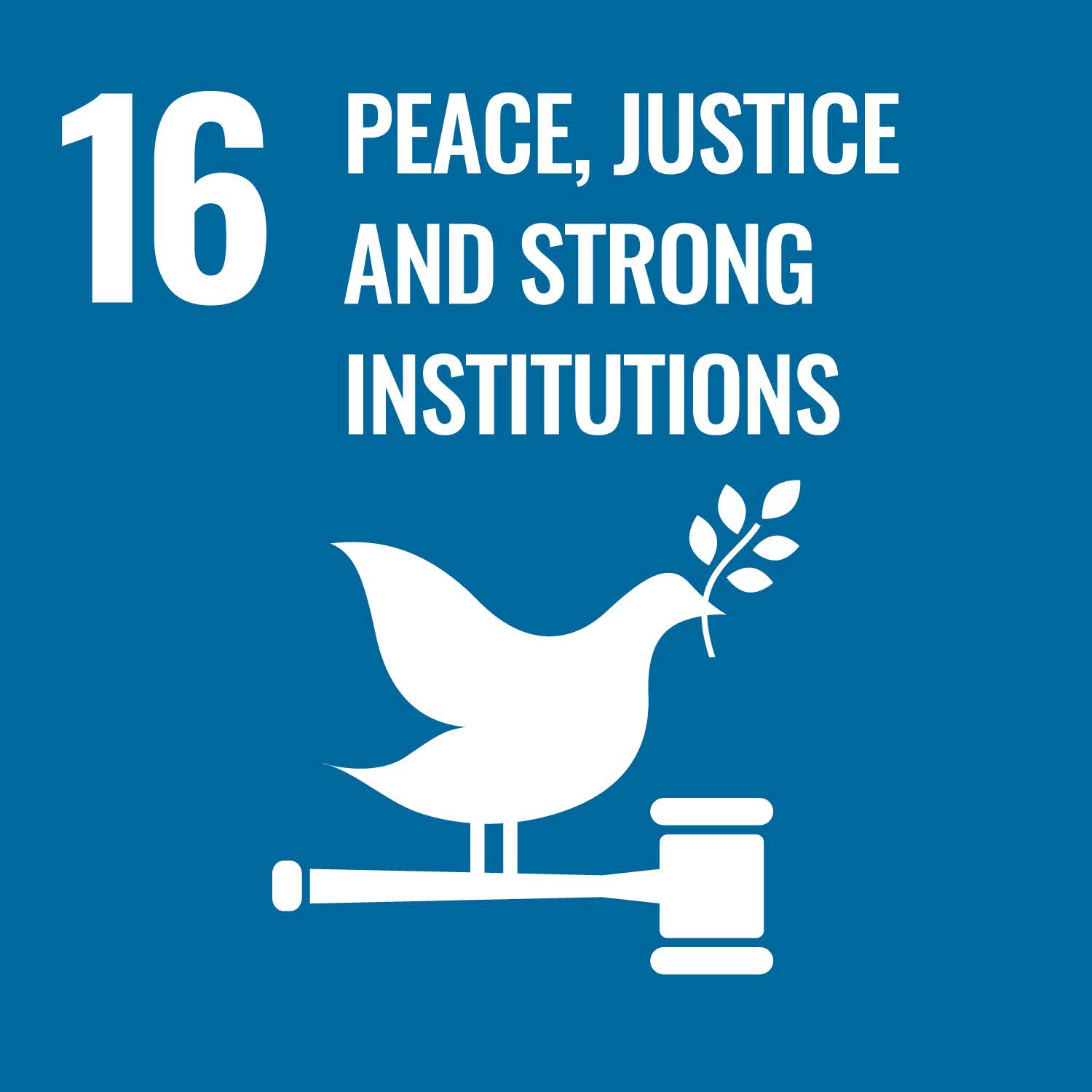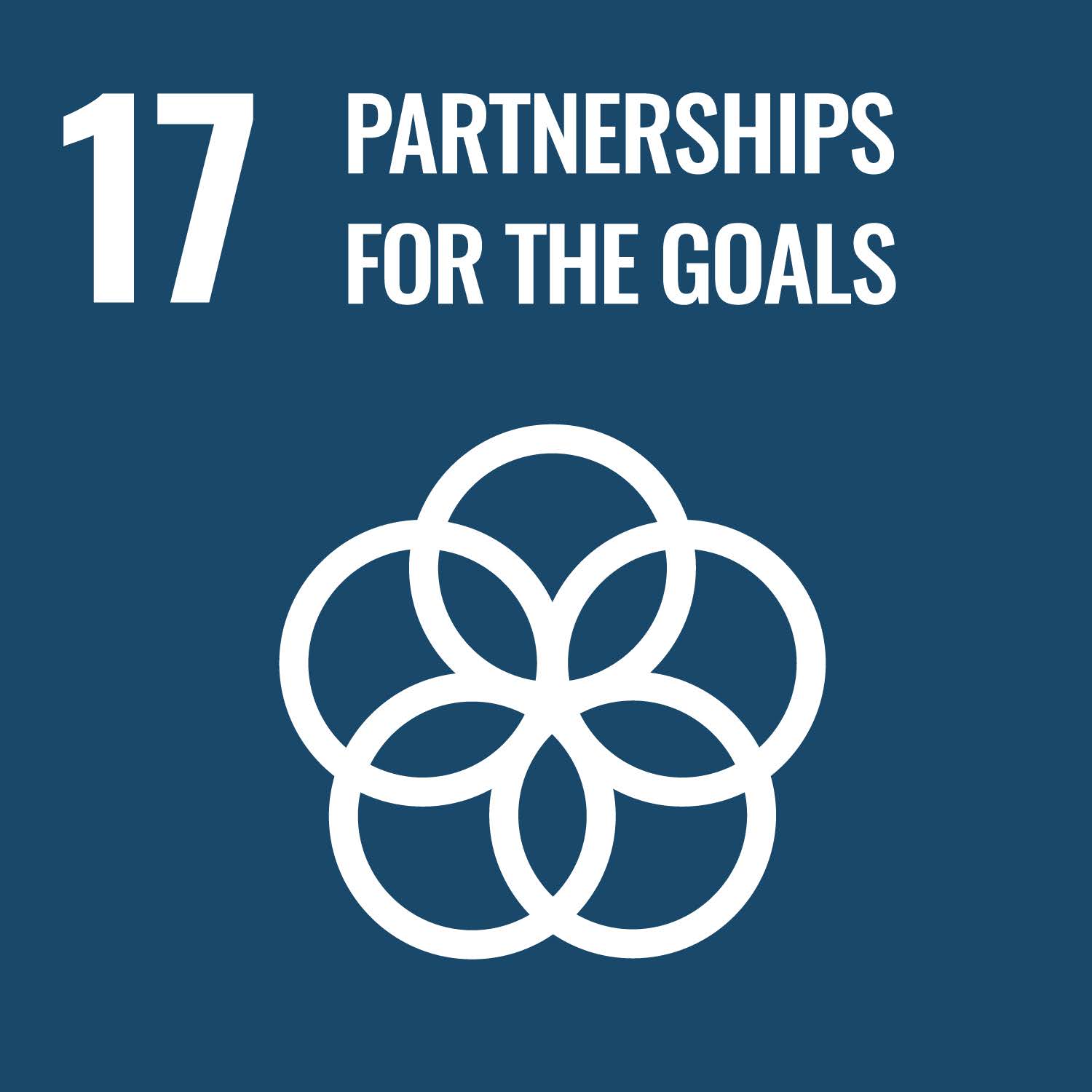SDG 1 aims to eradicate extreme poverty and reduce the number of people living in poverty, with a focus on reaching the most vulnerable and marginalized populations. This includes providing access to financial services, promoting inclusive economic growth, support inclusive policy frameworks, and creating decent work for all. The goal also calls for the implementation of social protection systems, such as social safety nets, to protect people from falling into poverty, and for increased investment in education, health, and infrastructure in developing countries.
Donau Soja Organisation
Donau Soja as an organisation contributes to SDG 1 especially through development cooperation. In 2017, Donau Soja and the Austrian Development Agency (ADA) started a Strategic Partnership to build sustainable, inclusive and well-functioning value chains for non-GM and organic soya in Ukraine, Serbia, Moldova, Bosnia and Herzegovina. Out of these, Ukraine and Moldova are the countries in continental Europe with the lowest Gross Domestic Product (GDP). This partnership brings benefits for the domestic market, all soya value chain stakeholders, consumers and the environment. Through the activities of the Strategic Partnership, Donau Soja services facilitate users’ access to information, knowledge, appropriate new technologies, empowering small-scale farmers and small and medium businesses. Donau Soja supports the creation of sound policy frameworks at national, regional and international levels such as the Europe Soya Declaration, National Action Plan in Moldova, and the regulation on non-GMO in Bosnia & Herzegovina, to support economical and agricultural development. All of this together contributes to improved production results, a stronger market position, greater resilience, and economic growth, thereby reducing poverty.
Donau Soja / Europe Soya Standard
The Donau Soja / Europe Soya Standard aims for a fair, transparent and responsible supply chain. Contributing to sustainability, responsible agriculture and good labour conditions adding to poverty alleviation. The standard contributes to SDG 1 especially through principles 3, 5 and 10.
Principle 3 ensures land use rights are being protected and where applicable fair compensation takes place (free, prior, informed and documented consent, FPIC). This is specifically aimed at farms with traditional land users in order to guard the rights and livelihoods of everyone involved.
Regarding Principle 5, farmers are required to comply with local and EU level plant protection legislations. This includes taking measures to improve resilience of crops and soils, which are the basis for their livelihoods. Therefore, through more integrated crop management plans, decent work and economic growth can be ensured. The Donau Soja and Europe Soya Standards also require compliance to EU and international human and labour rights (ILO Conventions). For example, payment of gross wages and benefits in compliance with national legislation and specific sector agreements, a ban on engagement in, support for, or tolerance of any form of discrimination (see principle 10).
In 2022, the Donau Soja Organisation established the “Ukraine Recovery” project. The project was focused on three activities:
- market development (to rebuild export value chains from Ukraine to the EU, destroyed because of the war in Ukraine).
- non-GM seeds promotion (to partly cover the cost for purchasing of original certified soya seeds and provide strip-tests for prevention of contamination; aiming to recover the technology and demonstrate the advantages of non-GM production).
- humanitarian support (to provide food and essentials packages to internally displaced persons due to war in Ukraine, as many people moved from Eastern and Southern regions into rural areas).
Results of the “Ukraine Recovery” project implementation from March 2022 – August 2023 (include):
- 8 National Ukrainian fair booths were organised in Prague, Warsaw, Vienna, Munich, and Budapest, thereby facilitating the dialogue between EU and Ukrainian companies.
- 30 farmers received a compensation for purchasing original certified non-GM soya seeds. Donau Soja Organisation supported farmers in implementation of the best farming practices, e.g. support on agronomics technology adaptation.
- 5,880 families were supported via the food humanitarian support.
These activities, in combination with activities supported through ADA Strategic Partnership (see SDG 17) jointly contribute to economic growth, access to services and poverty alleviation in Ukraine. As of August 2023, the soya harvest in Ukraine is expected to reach 4.4 Mio tonnes, which is an increase of 18 percent compared to 2022 and plus 26 percent to 2021 (prewar year). Ukraine keeps self-sufficiency for agricultural and food products and continues the export. The EU became the main partner for Ukraine, accounting for 45.6% of overall soya deliveries from Ukraine.
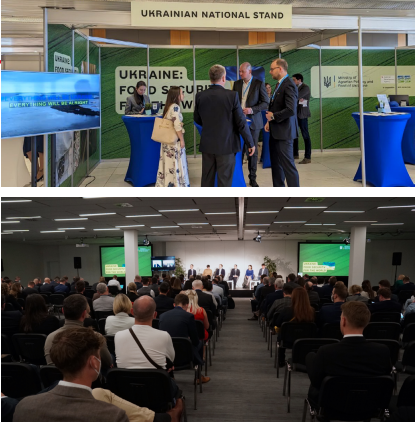
Prior to the war, Ukraine’s agriculture produced 10 percent of GDP, employed 14 percent of the labour force, and generated 41 percent of total exports. The war started just before the start of the 2022 spring planting campaign, hitting the agriculture sector very hard. The total planting area in 2022 declined by 20 percent compared to 2021 and 15 percent of agricultural capital stock was already damaged after the first three months of the war. The overall planted area in 2023 declined by 30 percent compared to the pre-war period 2021. Therefore, urgent actions aimed at the whole agricultural ecosystem to keep the industry capable of functioning under war conditions were necessary.
